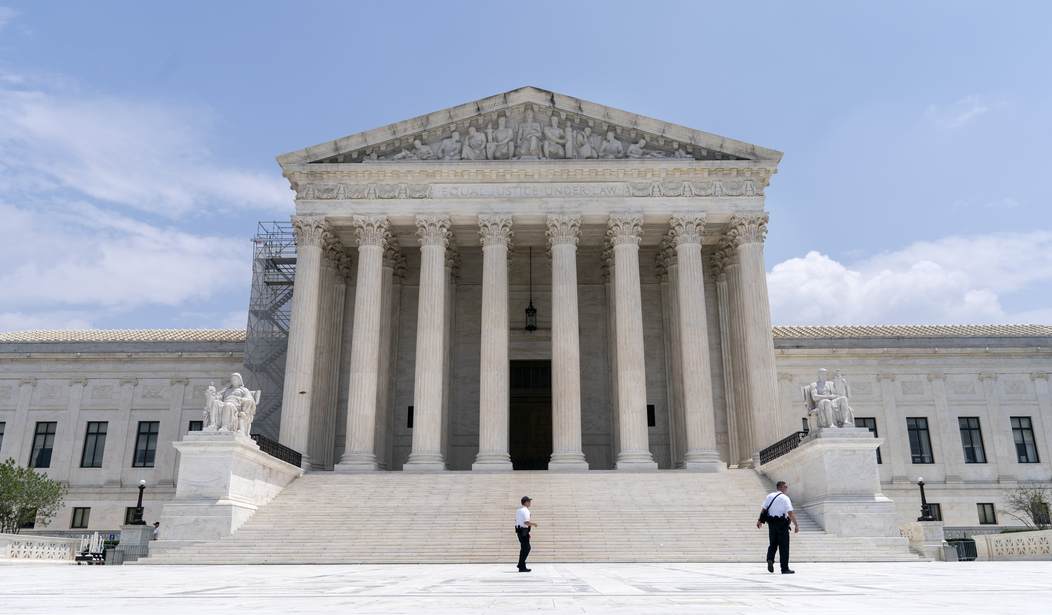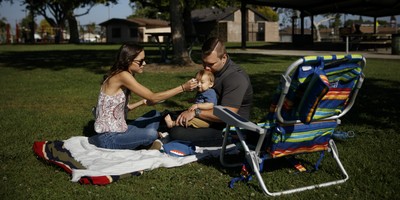This week, the U.S. Supreme Court heard oral arguments in St. Isidore of Seville Catholic Virtual School v. Drummond, a case that may reshape the legal landscape for school choice and religious liberty in the United States. The central legal question is whether a religious charter school—specifically, St. Isidore, an online Catholic institution in Oklahoma—may receive public funding while retaining its religious character.
Some argue that providing public funds to a religious charter school violates the constitutional separation of church and state. But both recent Supreme Court precedent and common-sense education policy suggest the opposite. A ruling in favor of St. Isidore would strengthen educational freedom, uphold individual rights under the Constitution, and promote greater access to high-quality schooling across the country.
Public education in America is increasingly failing to meet the needs of students and families. Many parents are searching for alternatives to traditional government-run schools that often lag behind in academic performance, are burdened by excessive bureaucracy, and struggle to ensure safe and disciplined learning environments. A 2023 RealClear Opinion Research poll found that over 70 percent of Americans support school choice—including majorities in both major political parties. This broad public support reflects growing dissatisfaction with centralized education systems and a desire to return decision-making power to families.
Religious schools have long provided a successful and proven alternative to government schools. These institutions are widely recognized for delivering strong academics, instilling moral values, and creating disciplined environments. According to the National Center for Education Statistics, over 5 million students currently attend private religious schools in the United States. Data from the Urban Institute and other research organizations consistently show that students in religious schools graduate at higher rates, attend college more frequently, and perform better in long-term employment outcomes than their public school peers. In short, religious schools outperform public schools across nearly every metric of student success.
Recommended
St. Isidore of Seville Catholic Virtual School represents a bold new model for educational delivery. Approved in 2023 by the Oklahoma Statewide Virtual Charter School Board, St. Isidore is the nation’s first state-approved religious charter school. By providing faith-based instruction in a virtual format, the school expands access for students in rural, economically disadvantaged, and underserved communities who otherwise have few or no alternatives to failing local public schools. Despite this forward-thinking innovation, Oklahoma Attorney General Gentner Drummond filed a lawsuit to prevent the school from opening, alleging that public funding of religious education violates the Establishment Clause of the First Amendment.
Drummond’s argument fails when measured against modern constitutional law. In Espinoza v. Montana Department of Revenue (2020), the U.S. Supreme Court held that states cannot exclude religious schools from public benefit programs solely because of their religious status. Then, in Carson v. Makin (2022), the Court reaffirmed that states may not withhold funding from schools simply because they include religious instruction. These rulings make clear that the Constitution requires neutrality toward religion—not hostility. Denying St. Isidore access to charter school funding is not religious neutrality; it is discriminatory and unconstitutional exclusion.
Including religious charter schools in the spectrum of publicly funded educational choices is not about establishing religion—it is about empowering families to select the learning environments that best serve their children. Religious charter schools frequently enroll students with a wide range of learning needs, including children with disabilities or behavioral challenges. According to a 2023 EdChoice survey, 62 percent of parents of children with disabilities express a preference for school choice, yet only 15 percent report having meaningful access to it. Faith-based schools often offer smaller class sizes, personalized instruction, and a clear moral framework—benefits that help students who may otherwise struggle in conventional public school systems.
Expanding access to religious charter schools also corrects a systemic injustice. Now, only higher-income families can afford to escape underperforming public schools by paying for private alternatives. Recognizing religious schools as eligible for charter status would allow low-income families the same right to opt out of failing institutions and pursue high-quality, values-aligned education. The effort to expand charter schools is not a rejection of public education—it is a reimagining of it, one that decentralizes control, reduces government monopoly, and increases options for all families.
Furthermore, expanding school choice has been shown to improve—not harm—traditional public schools. Competition drives innovation and accountability in every sector, and education is no different. Research shows that public schools tend to improve when charter or private alternatives are introduced. Since 2020, charter school enrollment nationwide has risen by 7 percent, while enrollment in traditional public schools has declined by nearly 3 percent. States like Arizona, Florida, and West Virginia—which have implemented expansive school choice policies—are already reporting higher academic achievement, stronger parental satisfaction, and more responsive local education systems. These gains demonstrate the value of freeing education from rigid state control.
Democrats, such as Randi Weingarten, president of the American Federation of Teachers, argue that public dollars should never fund religious instruction. But this view misunderstands both the structure of charter schools and the meaning of the First Amendment. Charter schools are publicly funded but independently operated, allowing them flexibility in curriculum, staffing, and pedagogy. So long as these schools meet state academic standards and enrollment remains voluntary, there is no constitutional basis to exclude religious charter schools from public funding. The Constitution prohibits both the establishment of religion and, critically, its exclusion from public life. That includes exclusion from educational choice.
A favorable decision in St. Isidore v. Drummond would reaffirm that public education includes, but is not limited to, government-run schools. It would not require any family to send their child to a religious school; nor would it divert money from secular institutions. Rather, it would confirm that families have the right to choose the kind of education they value most, without government interference or ideological gatekeeping.
Religious charter schools do not endanger public education—they enhance it. Charter schools represent a critical part of a pluralistic, decentralized educational system that values freedom, diversity, and excellence. For millions of American families—especially those in communities where public schools have failed—faith-based charter schools offer not just academics, but moral direction and renewed hope. The Court now has an opportunity to uphold a fundamental principle: the freedom to choose a better education should not stop where faith begins.

























Join the conversation as a VIP Member